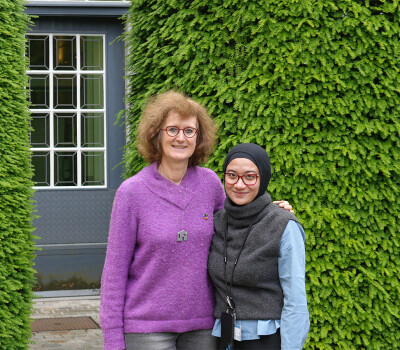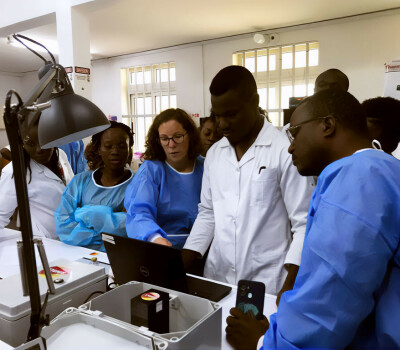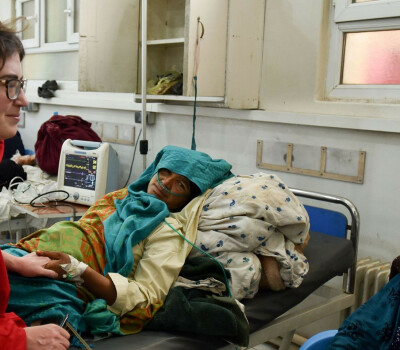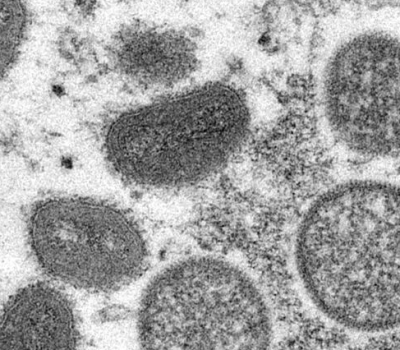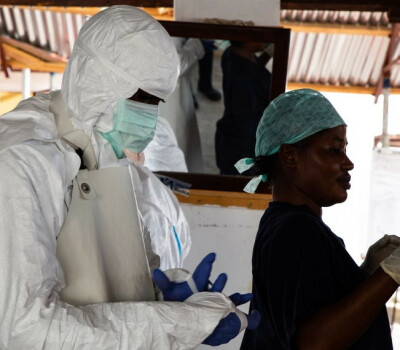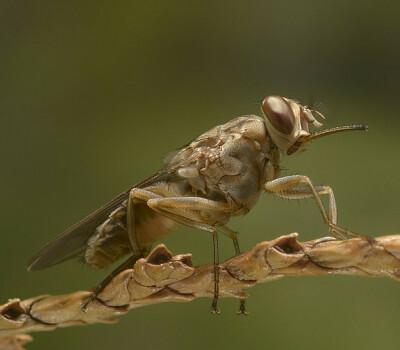Multidisciplinary contribution to the fight against malaria


241 million people affected
Over the course of the years, several generations of ITM researchers have helped stem the tide of malaria, which primarily affects young children in Africa. Many cases of malaria have been diagnosed and treated at our travel clinic. Thanks to our medical staff, hundreds of thousands of people have gone on their trip well-informed and armed with a pocketful of malaria pills.

Investigating the use of insect repellents
Mosquito nets, a big enemy of the malaria mosquito, have already saved countless lives. However, the mosquito is becoming increasingly resistant to the insecticides that are used to treat the nets, with a higher biting rate during the day and outside of homes. A multidisciplinary research group, composed of biomedical specialists, clinicians and anthropologists, conducted a large-scale study on the use of mosquito-repellent lotion in villages. The study was led by Prof Marc Coosemans with the intention of creating so-called community protection. Together with the National Centre for Parasitology, Entomology and Malaria Control of Cambodia and with financing from the Bill & Melinda Gates Foundation, ITM organised a randomised clinical study with almost 50,000 people of 117 villages.

Behaviour changes can prevent malaria
With regular screening, the scientists saw no difference in the number of malaria cases between the intervention and control villages. The anthropological component of this study showed that human behaviour represents the greatest obstacle to successfully implement this strategy. For various reasons, people appeared to use mosquito-repellent lotion much less frequently in reality than they indicated during the study. This is an important insight, also for fighting other illnesses that are transmitted by mosquitos, such as yellow fever, dengue and Zika.
In the coming years, ITM will continue to pursue the further decrease and, ultimately, elimination of malaria, by aiding the development and testing of innovative methods to combat the disease.
Research themes
Spread the word! Share this story on

